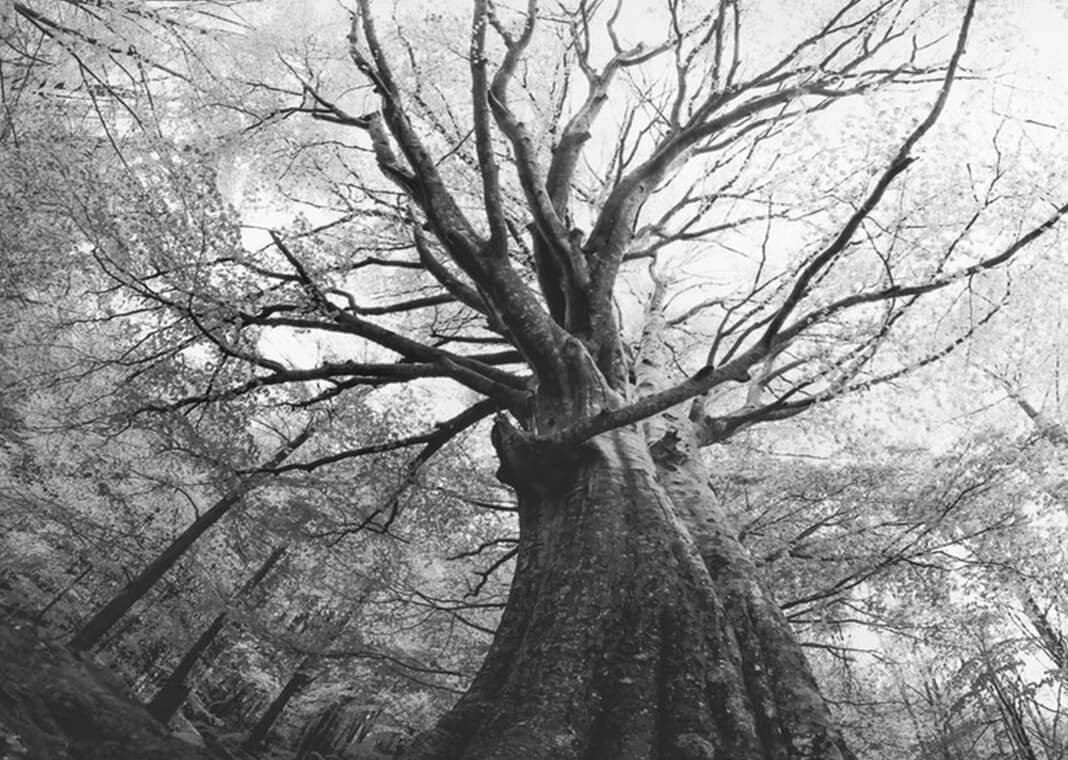
I’ve never been a huge fan of Halloween—I was one of those children who scared easily and who did not enjoy being scared. But as an adult I appreciate that the concept of Halloween reminds us once a year of the mysterious intersections of souls. When we watch movies about haunted houses, we may or may not believe that ghosts exist, but we have to consider what’s behind the strange occurrences in this world, about what might be at work in locations that make us uncomfortable. And when surrounded by reminders of graveyards and witches and all manner of goblins, we might ponder why the human race is so drawn to these stories. We long to connect to loved ones who are no longer with us; as far as we know, they exist in a place that is mystery to us. And what else exists in all that mystery? Why have we always imagined monsters, angels, and humans and animals with supernatural powers? Halloween may not provide any real information about such mysteries, but it certainly tells us a lot about ourselves.
We sense that some connection exists, even past death. Just about everybody has a story about some connection with a loved one who has died. It happens through dreams or sensations or odd coincidences or strong inclinations during prayer. Some of these “connections” can be explained away—it was my grief or simply the power of my own memory or imagination. Others are more difficult to dismiss and seem to come from that realm of mystery.
For the Christian, this is not so mysterious because we believe in the communion of saints. We believe that the soul is eternal and ultimately in God’s care. And the community of faith—the Church—transcends boundaries of space and time. So we include in our prayers and conversations those who have passed through this mortal life. We believe that they are still present to us, though not in body. All of us—those alive and those dead—are held in the bonds of grace and the power of the Holy Spirit.
We take evil seriously. As Christians we believe that there is intelligent evil in the universe, and it seeks the harm of all creation. I believe that all our horror stories point to our desire to see that evil conquered and its power eliminated. We want to live; evil wants us to die. We want to grow; evil wants us stuck and miserable. We want to forgive and live in harmony with others; evil wants war and strife and vengeance. In a way, our Halloween costumes and cartoons are forms of mocking evil. We believe that Jesus Christ has power over all other power and that the last word will be love. In the meantime, we are watchful of the many ways evil can take root in daily life—gossip, jealousy, greed, despair, and so on.
We suspect that locations carry something of the people and activities that have existed in them. There’s a reason certain places are called holy. Throughout recorded human history, we have recognized that some places invite Divine presence—and others fight it. We set aside and consecrate churches, temples, and various kinds of outdoor spaces so that we can pray there, sing there, and meet others there for peacemaking and good works, for rituals that honor people and God. We also recognize that locations in which great wrong has been done do not feel as free and light and hopeful. This is especially true in places such as former concentration camps, battlefields, sites of mass murder—even homes in which children have been harmed.
We don’t know exactly how places carry spiritual qualities, but we know there are ways to clear the spaces in which we live and work. We do blessings of our homes; we pray over places that need healing. We fill those spaces with beauty and order and openness. We teach our children how to create their own beauty right in their bedrooms or backyards. We explain why it’s important to display symbols of hope and compassion, photos of those we love and events that are meaningful to us. We try to model discernment in the way we arrange space and choose what will be there.
I encourage you to allow Halloween to spark some meditation on the communion of saints, the realities of evil and grace, and the atmosphere you create right where you live.
